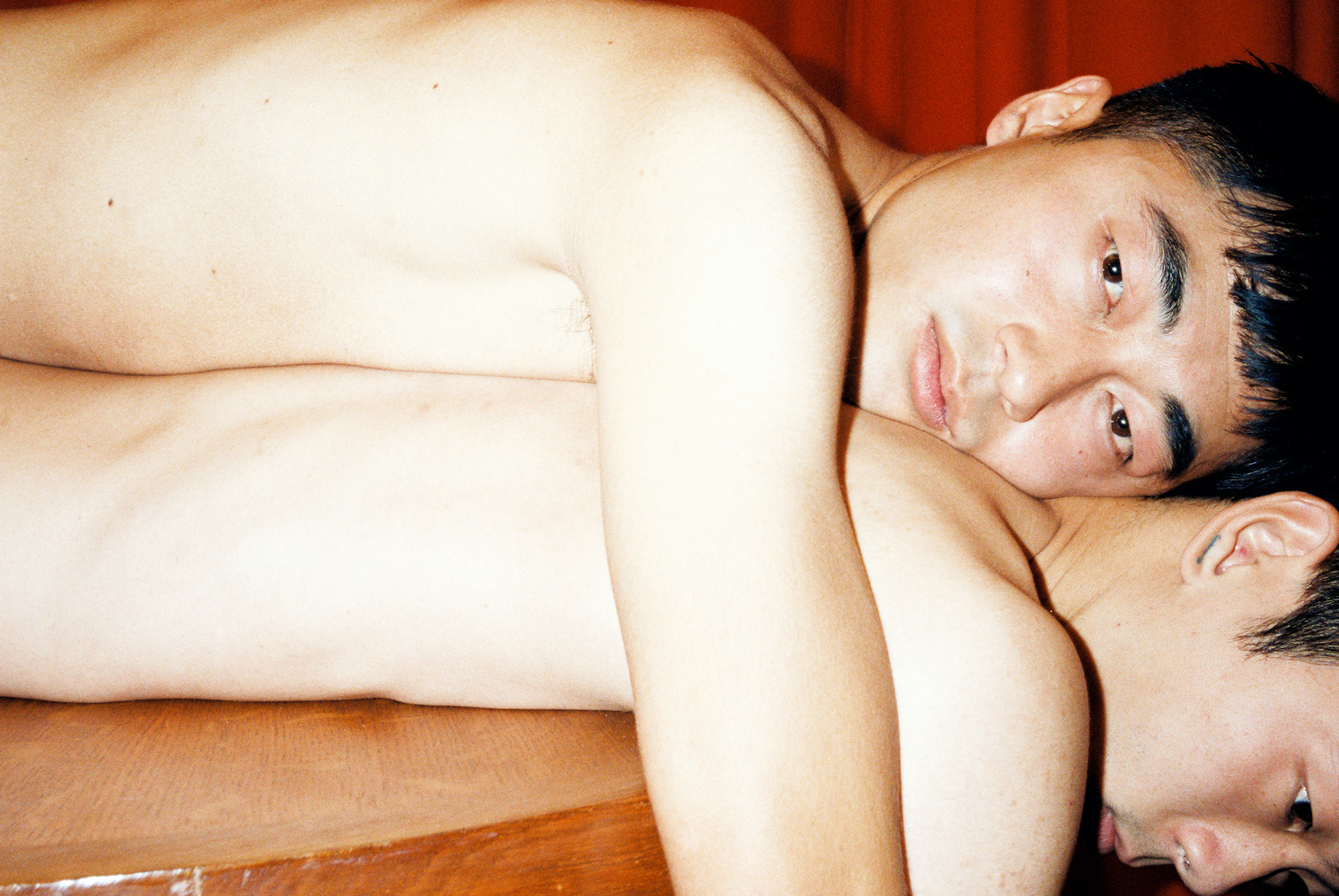The last time Lin Zhipeng (aka 223) exhibited in Berlin was at Migrant Bird Space in 2020. He presented work alongside contemporaries Ren Hang and Luo Yang in China Fever, a show that sought to underscore how the three photographers have contributed to the reinvention of Chinese photography — one which defies stereotypes, questions gender norms and expands horizons. Although there may be truth in the harsh, oppressed identity that’s been crafted of China by the West, the three have shown how freedom is in the eye of the beholder.
This summer, Migrant Bird Space has staged 223’s first solo show in Berlin, dedicated to one of his favourite subjects. “Boys…” ponders 223. “I believe each has their own unique attributes. There are ordinary boys, radiant boys, brave boys, timid boys, gentle boys, masculine boys and so on.” At Boys Boys Boys, 223’s theatrical suites pop across the gallery walls — packed with visceral lighting and playful melancholy. It’s clear that 223’s life — and love life — is intertwined with the making of his photographs. Each evokes the immediacy of touch, smell and taste — reminders that we sometimes don’t know the value of a moment until it becomes a memory.

What was it like exhibiting in Berlin alongside Ren and Luo back in 2020?
It was a familiar yet kind of distant feeling because the three of us knew each other for a long time and staged exhibitions together back in China. Since Ren passed away, those wild days when we would mess around so freely feel very far away. I miss him. That exhibition in Berlin was like a reunion between old friends.
How did you meet Ren?
I’ve never actually told this story before. Sometime in 2005, I received a comment on my blog from a follower called Ren Hang. He would continue to comment from time to time, but I never thought too much of it. Two years later, in 2007, I visited an art fair in Beijing, which had become my new home. There was a student performing a poetry recital in a very strong northeastern accent. I was totally spellbound. Afterwards, the student came up to me timidly and greeted me. “My name is Ren Hang,” he said. That was the start of our friendship.
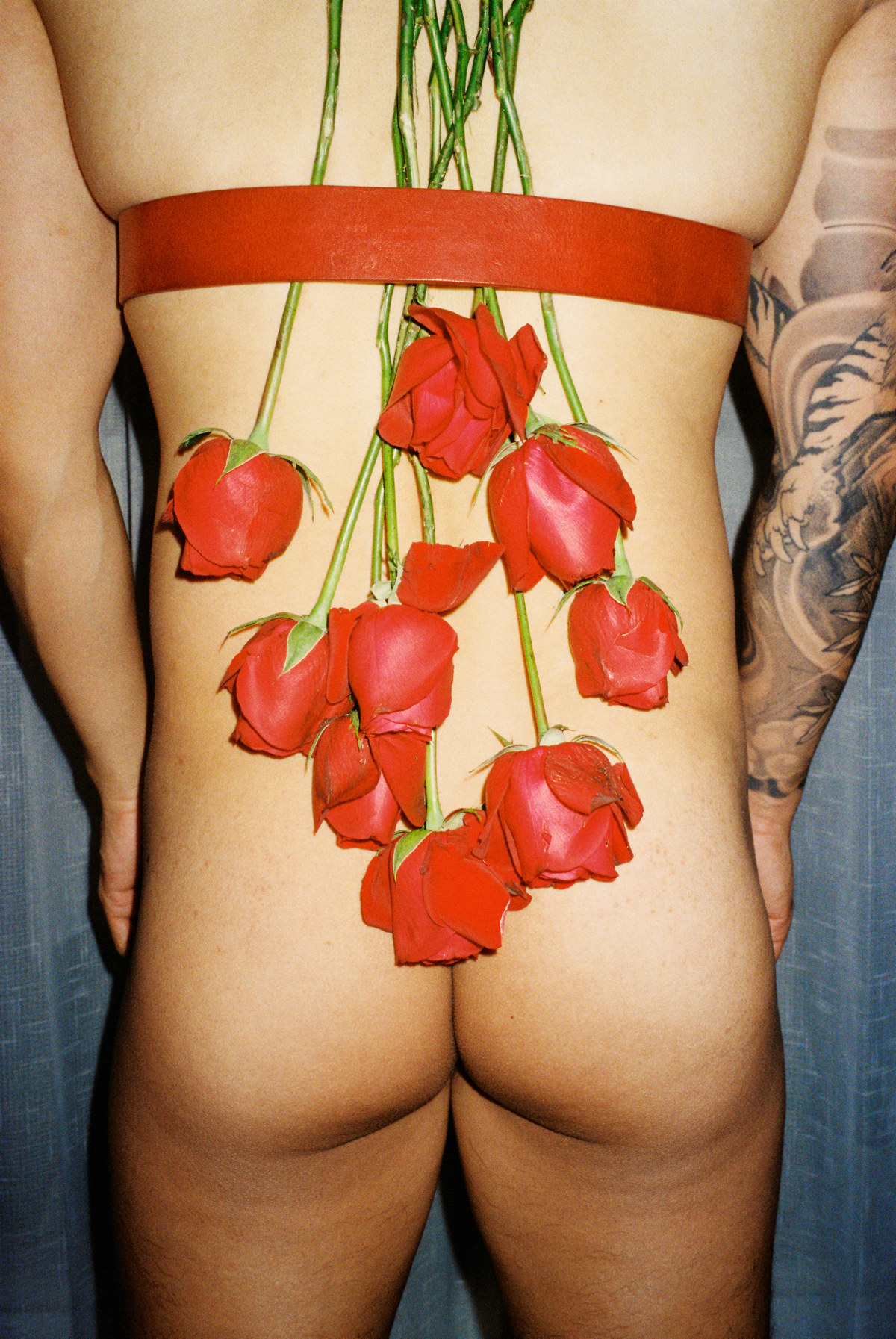
You worked on Ren’s online magazine, Moon, right?
Yes. As a creative director. Ren knew that my favourite colour was pink, so he splattered pink paint all over my body. That photograph appeared on the cover of the first issue of Moon. There were a few more issues to come, but Ren would soon become consumed by his own intense world.
Luo is known for her Girls series. Do you see any crossover with your 100 Boys series?
Luo is a great portraitist whose observations of young people in China shed light on the lives of a new generation through the lens of urban aesthetics. Her Girls project is more serious than my work which is, on the other hand, pretty performative and playful. I think I’m more interested in how boys interact with their environments. Of course, over the past 15 years, Luo has developed a very unique feminist perspective which is impossible for any male photographer to emulate.
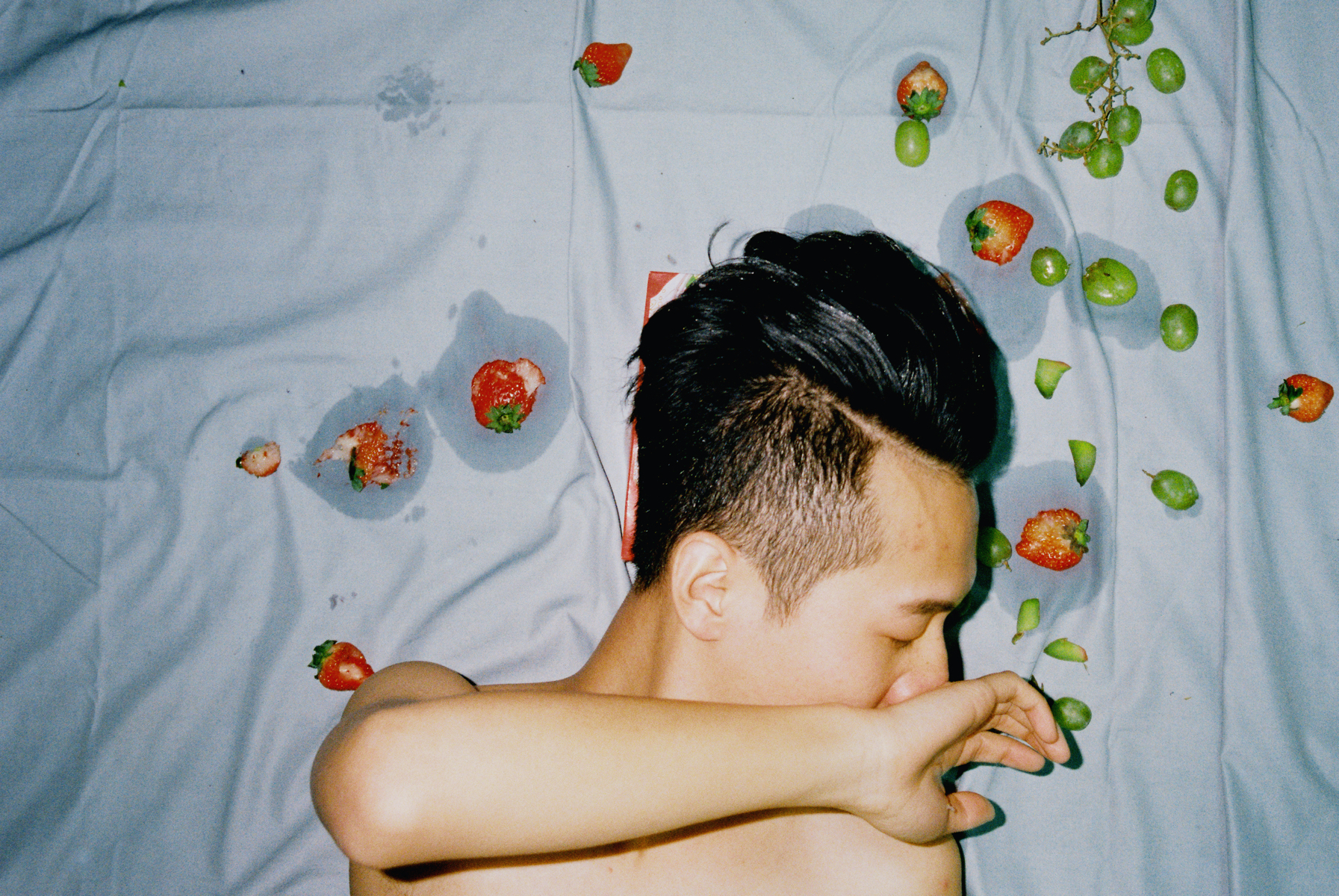
How has documenting gay love in China changed over the years?
Having documented youth culture for a couple of decades now, I’ve observed shifts in behaviours and attitudes. Gay couples in China have become more open, and there is a growing presence of pansexual individuals too. I guess my photography has witnessed these shifts. Ultimately, what’s struck me the most is that love stories are more similar than they are different. They have their highs and lows. Naturally, a lot of the couples I’ve photographed have since parted ways.
How do you find the people you shoot?
Most of my subjects are my friends. I often focus my lens on the people I’m familiar with because it feels most natural. However, over the years, I’ve occasionally done photo shoots through casting calls. I find it a fun way to meet new people and expand my circles, as we often keep in touch.
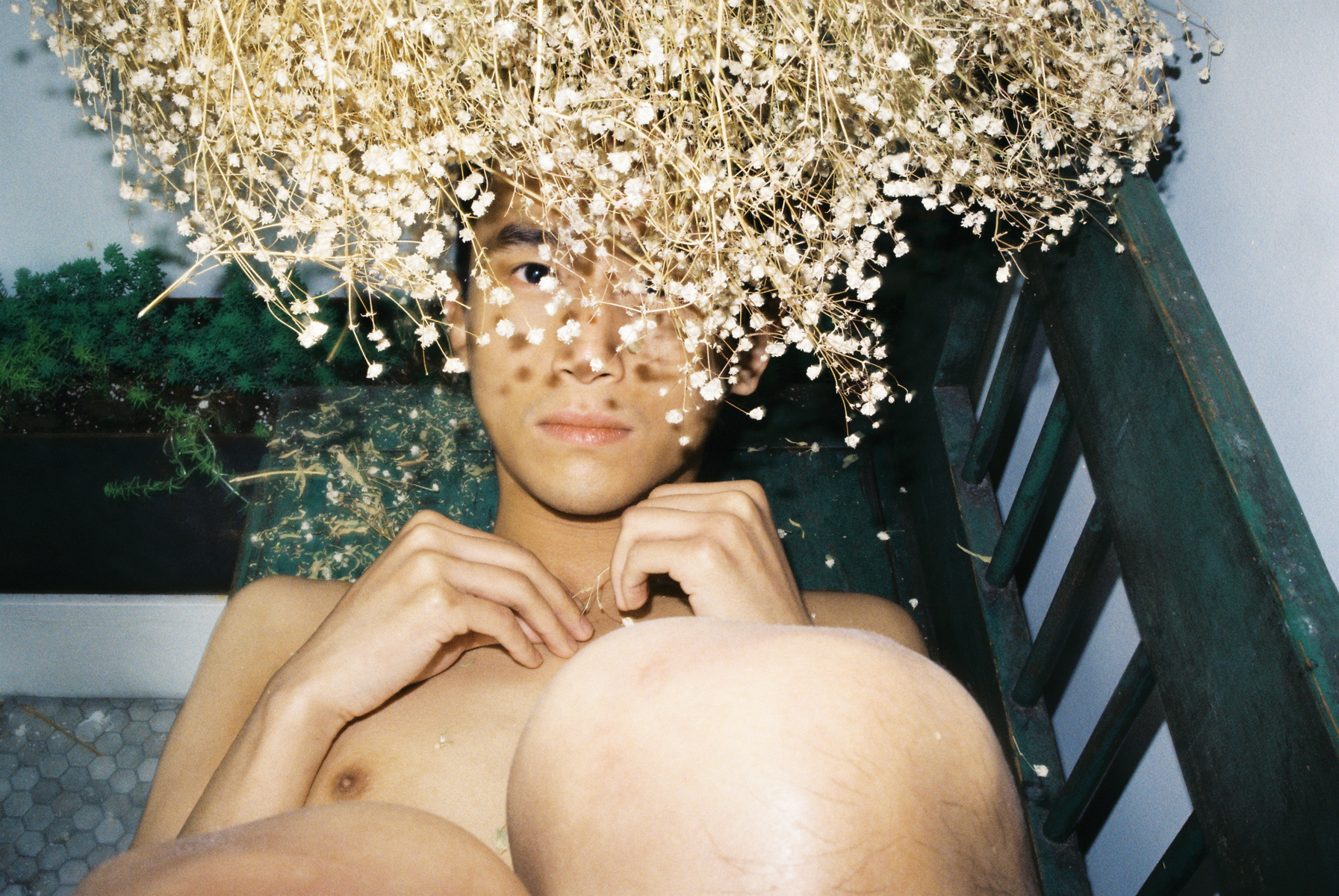
Do you enjoy Berlin?
Berlin is currently my favourite city in Europe! To me, it stands out from the others for its untamed nature, which is all the more surprising because of the city’s cold, industrial facade. I love the abundance of graffiti that fills its streets and the slightly gritty, nonchalant aesthetic. It has a raw and hardcore vibe without the orderliness of a modern, developed society. I can’t wait to go back!
What was your upbringing like?
You could say that I had a pretty normal upbringing. I poured over Japanese manga as a kid and taught myself drawing. In high school, I learned photography through my sister, who was studying fine art in college and did photography classes. After graduating from university, I worked as a magazine editor and took photographs on the side. It all started from there. Actually, my parents never provided any specific art education at home, but they gave me a lot of freedom which allowed me to grow freely and do what I love.
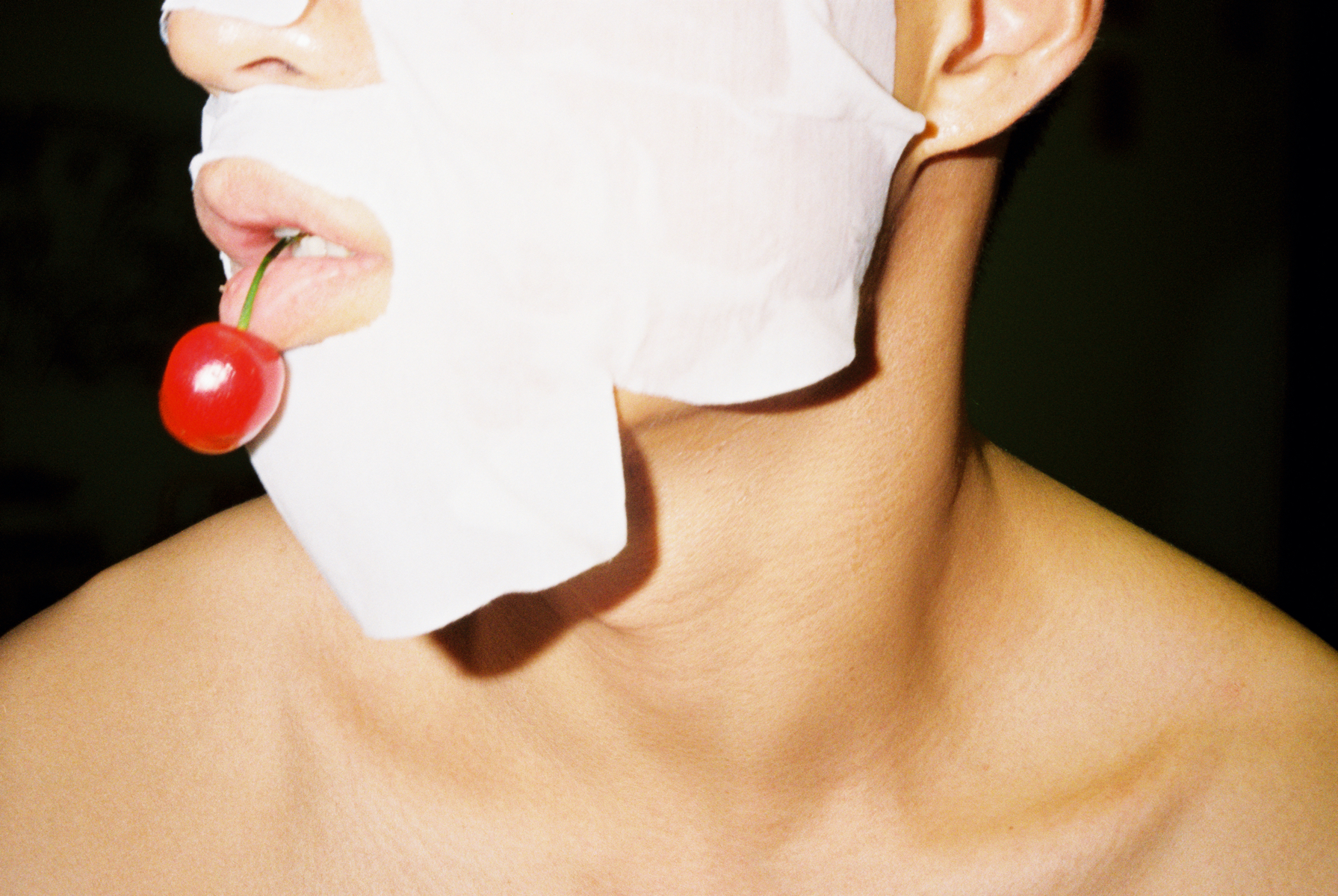
Where do you find your inspiration these days?
I mean, I do have my idols in photography, such as Wolfgang Tillmans. However, I find myself more influenced by work I see on social media and the internet. Most of it is created by people who aren’t even professional photographers, but it’s everyday scenes that really attract and amuse me. Magazines continue to make impressions on me too, which may be related to my early experiences working as a magazine editor.
What are your favourite magazines?
It’s a long list! In particular, i-D, Purple and HUgE in Japan have been favourites for a while. Nowadays, I tend to pick up more new independent magazines too. They’re unique mediums for sure, completely different from, say, novels or photobooks. Magazines exhibit more of a divergent thinking because each can combine and contain so many different elements, styles and creatives.
What’s next for you?
I’m working on a few photobooks! One will be a big 20-year anniversary project. I will also publish 100 Boys, which I see as a culmination of sorts. What I hope to communicate – as with the Berlin show – is the breadth of boys’ personalities in a very subtle and revealing way.
‘Boys Boys Boys’ runs at Migrant Space Bird, Berlin until 18 August 2023.
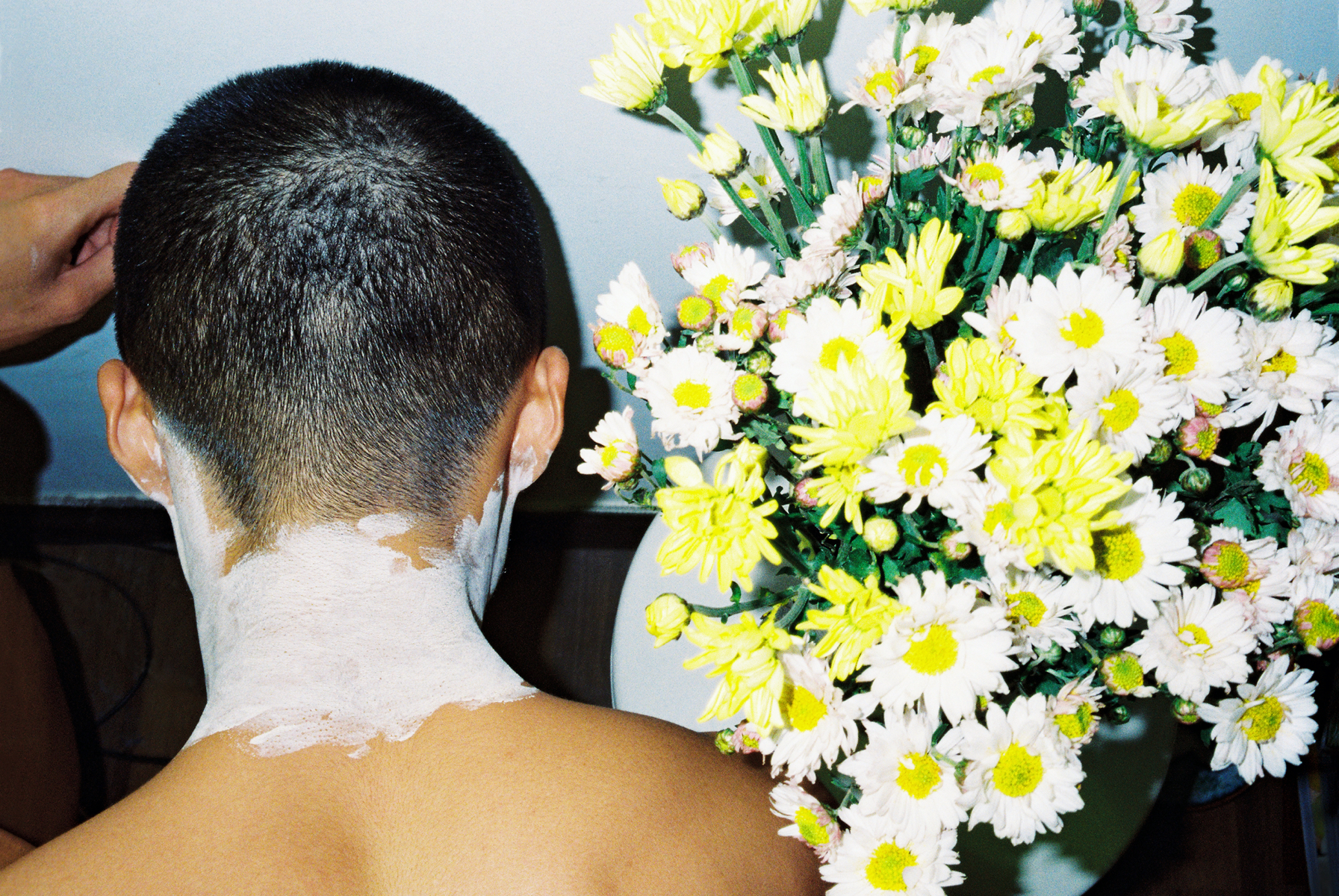
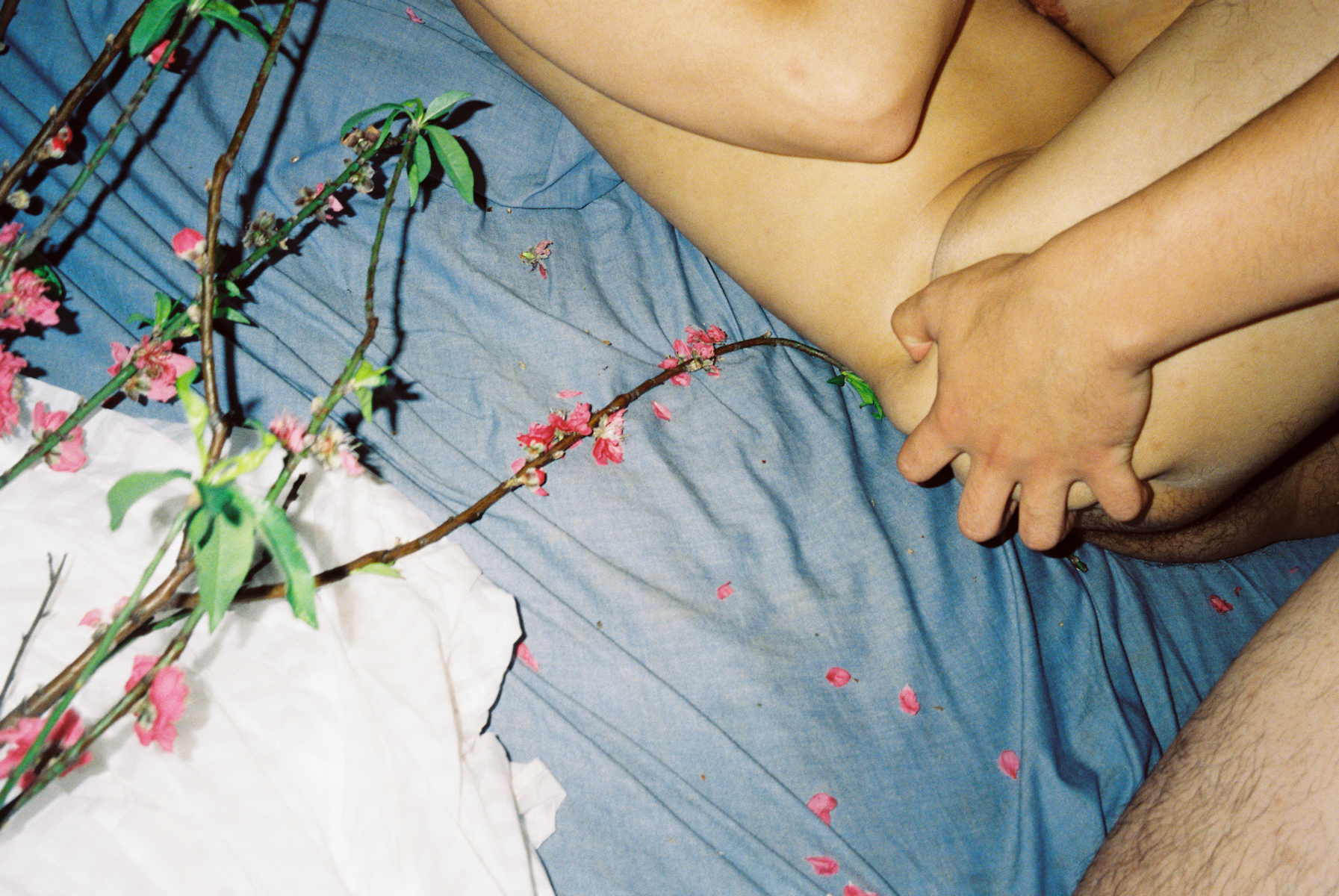
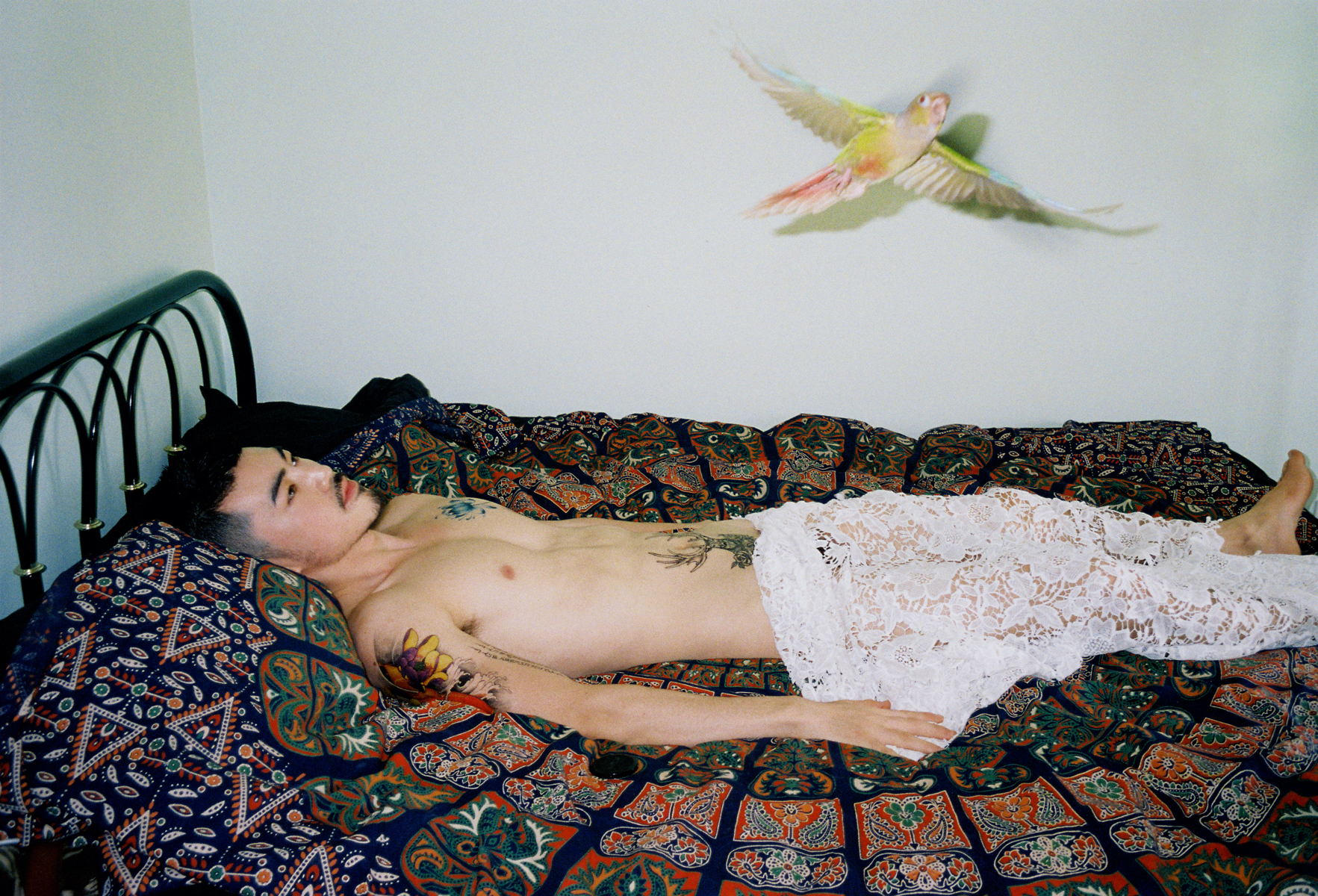
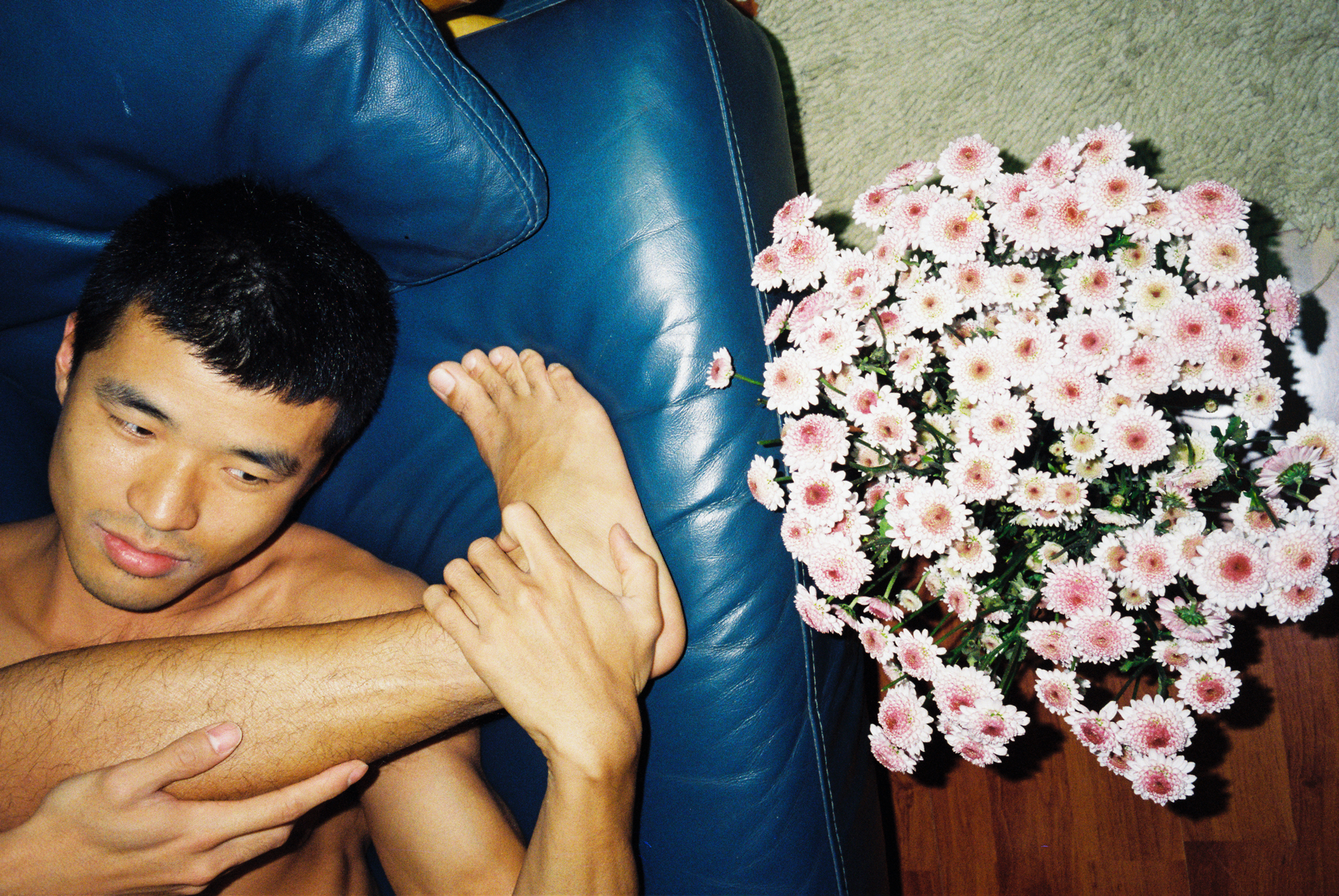

Credits
All images © Lin Zhipeng (aka 223)
